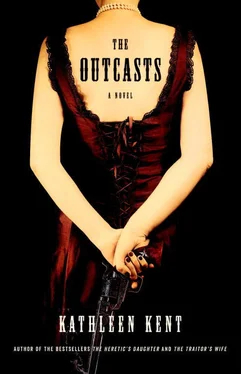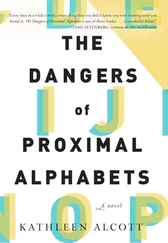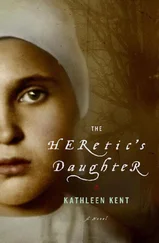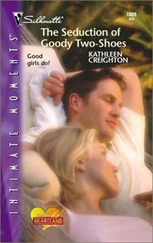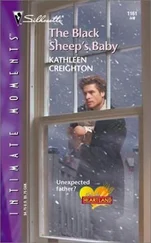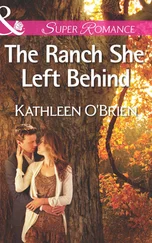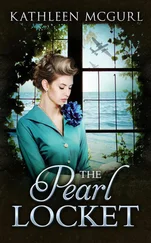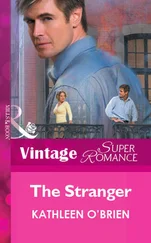“I will when I can pay for it.” After a pause he asked, “You think we’ll see any play?”
Dr. Tom shrugged. “We don’t want to linger here any more than we need to. What’s the farthest distance you’ve ever gotten out of that Henry?”
“A few hundred feet, maybe more.”
“Or maybe less.” Dr. Tom laughed.
Deerling looked at Nate for a moment as though deciding something; then he got up, walked to his bedroll, and reached for a long leather case. Nate had seen the case strapped to the mule and guessed it was a rifle but had not yet seen what kind.
Out of the case, Deerling pulled a Whitworth and handed it to Nate.
Dr. Tom said, “Well, this is a kiss-and-make-up. He don’t even let me hold that rifle.”
Nate had never seen a Whitworth rifle, much less held one. A few Confederate sharpshooters had used them to great effect, but they were rare, and a one-shot deal in a hard engagement. Of all the weapons spread out before him—including two navy Colts, a Smith and Wesson top-break pistol, two Walker Dragoons, and two Winchester rifles—the Whitworth was worth the most, more than all of them put together.
“It’s light,” Nate said, surprised.
Deerling nodded. “I’ve got only six bullets left for it.”
Nate sighted down the barrel, swept it in a slow arc from window to door. He then passed it back to Deerling. “Where’d you come by it?”
“I negotiated heavily for it.”
Dr. Tom slapped the table. “He liberated it from some old reprobate perched on a gully firing at the Henderson town sheriff a quarter mile away. That rifle shoots twice that distance without breakin’ wind.”
Deerling carefully returned the rifle to its case, and Nate thought he looked pleased by the memory. Deerling added, “Maybe I’ll let you fire it sometime. We get to Austin, we’ll draw pay and see about you getting another rifle.”
Nate nodded his genuine thanks and he sat comfortably for another hour in the shadows cast by the oil lamps listening to commentary, mostly by Dr. Tom, about the distances yet to be traveled, the streams and rivers and wide-gaping arroyos to be crossed. About how the land would change, from sand and rock to hills of black soil and prairie, the bands of colors changing with the ground from the damnation red and purple of the desert to endless shades of yellow and green of grasslands.
Having little hardware or tack to clean, Nate crawled into his bedroll and left the two rangers to finish their business. When he woke, it was to the milky, diffused light of dawn. Through sleep-gummed eyes, he became aware of a figure standing next to his bedroll.
Deerling said, “We’ve got to leave now. Tom’s out readying the horses.”
Nate drew his head back like a tortoise, rubbing his face and squinting to better see. Deerling hunkered down next to him and held out, between the fingers of one hand, a large-bore rifle shell. He had Nate’s full attention as he balanced the shell upright on the ground next to Nate’s head, the faint smell of almonds wafting over the tang of the lead casing.
He told Nate, “Let’s hope you never have to use it.”
The tone of Deerling’s voice was as flat as a capstone to a building, but the image of Maynard’s stiffening body filled Nate’s mind. Within minutes, he was dressed, and after grabbing up his bedroll, he followed Deerling out the door, the big bite dropped into his pack.
They filled their canteens at the runoff of Live Oak Creek and rode east, towards the ascent of Government Road, which wound its way up a steep hill to the plains beyond. Deerling led the mule, but after a few hundred feet, the creature balked at the incline, and Dr. Tom had to take a prod to his bunching hindquarters to edge him up to the summit.
At the halfway mark, Dr. Tom directed Nate to stop and rest his horse on a flattened stony shelf that jutted out a few feet from the mesa wall. He pointed to the striations of rock, reddish bands on ashen gray, revealing to Nate that the whole of the valley had at one time been a vast inland sea with creatures of shell, more than any man could count, that swam through it. He gestured to a swath of black cutting through the rock face and said, “The graveyard of this whole world pressed to the size of a lady’s ribbon. If you know the history of rocks, you know the history of the world.” He spurred his horse back to the ascending road; loose pebbles were kicked out behind him like stinging missiles.
Nate held back a bit before giving rein, wondering what Deerling thought of Dr. Tom’s theorizing on ancient seas, theories that might fall outside of the biblical word. “Are you really a doctor?” he called up the path.
“Oh, that’s been George’s doing, in the main. I went to medical school in Baltimore for a term. It wasn’t for me, though. I left and came down here, and he got to calling me Dr. Tom. A year spent with medical men, and their potions and devices, and I’ve done my best since to stay away from the whole lot of ’em. I get shot, I’d just as soon visit the local baker than the surgeon.” He looked briefly over his shoulder at Nate. “I did, however, keep my medical kit. Never know when someone will need a good wrist saw.”
Once they reached the apex of the road, they sat for a few minutes looking down at the valley spread out before them. Dr. Tom took field glasses from his saddlebag and scanned the entire broad expanse in a sweeping motion of his head. He offered them to Nate, who took them and looked down at the stone buildings of the fort.
Dr. Tom said, “It didn’t look so small coming from the western approach, did it?”
Nate agreed, took one last pass with the glasses across the southern basin, and saw a puff of dust wafting upwards. Traveling animal, he thought, coyote or wolf. The early sun had not yet thrown light fully onto the valley floor, and he couldn’t see a defined silhouette at such a distance. He waited a moment more, aware of Dr. Tom’s hand outstretched to take back the glasses.
Deerling’s horse shifted. “Come on, Nate.”
Several more dust funnels appeared, like small tornadoes forming in reverse, and he thought he saw dark shapes moving through a distant stand of oak. He brought both hands up to the glasses to steady the view.
“What is it?” Dr. Tom asked.
“I don’t know.” Nate pointed to the southwest where he had seen movement and gave the glasses to Dr. Tom.
Deerling pulled his horse back to the lip of the ridge. “Tom?”
“Hold on. Not sure yet.”
Nate could see the tiny spray of dust expanding, and a moving band of animals cleared the trees, following a dry creek bed.
“Wild horses?” Nate asked.
After a moment, Dr. Tom said, “Comanche raiders.” He lowered the glasses and handed them to Deerling, who looked for a brief while, and then dismounted.
Nate recalled that only a few years back, Deerling and Goddard had been a part of the skirmish at Dove Creek. Two ranger companies, along with a few hundred Confederate troops, were outgunned and outmaneuvered by seven hundred Kickapoo Indians. That the Kickapoo had been mistaken for fighting Comanche or Kiowa and had been seeking only to escape the ravages of a civil war did not lessen the surviving rangers’ desire to kill any Indian, regardless of his origin. The remnants of the tribe were chased into Mexico; often they were shot in the back, or, as some of the rangers referred to it, the “northward side.” Dr. Tom had told Nate he never cared for that tactic or the expression—“unbefitting,” he called it, a shameful comedown for those in service.
Deerling said to Nate, “Follow me down to the ledge, and bring my Winchester along with your Henry. Tom, keep watch here.” Deerling yanked the Whitworth from its case on the mule and they began quickly sidestepping down the hill off the main road.
Читать дальше
